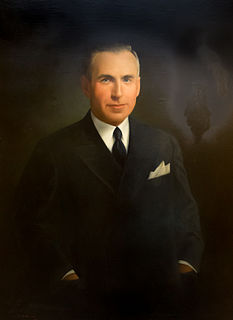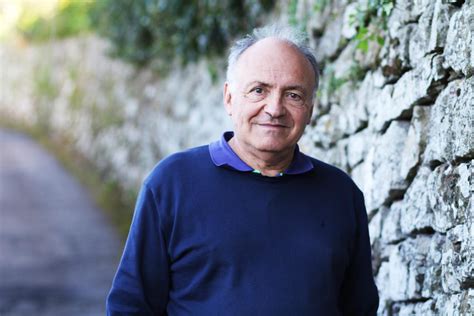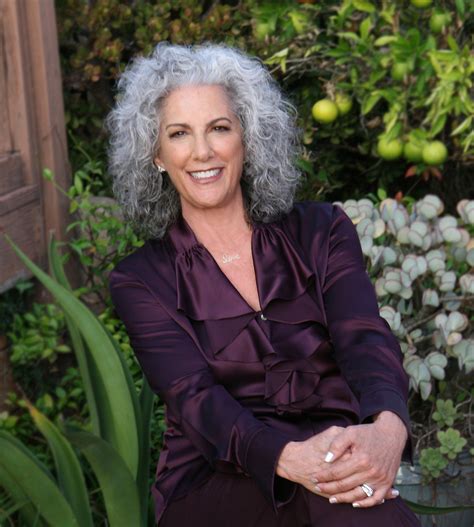A Quote by Isaac Barrow
No adversity is in kind or degree peculiar to us; but if we survey the conditions of other men (of our brethren everywhere, of our neighbours all about us), and compare our case with theirs, we shall find that we have many consorts and associates in adversity, most as ill, many far worse bestead than ourselves; whence it must be a great fondness and perverseness to be displeased that we are not exempted from, but exposed to bear a share in the common troubles and burdens of mankind.
Related Quotes
Adversity is a severe instructor, set over us by one who knows us better than we do ourselves, as he loves us better too. He that wrestles with us strengthens our nerves and sharpens our skill. Our antagonist is our helper. This conflict with difficulty makes us acquainted with our object, and compels us to consider it in all its relations. It will not suffer us to be superficial.
We encounter the grinding wheels that sharpen our mental blades many places in life. Adversity, school, parents, spiritual guides, books, experience are all sharpening teachers. As we grow older, to stay sharp we must find new grindstones to whet and sharpen our potential and keep us at our brightest, most penetrating best.
The trials and pressures of life--and how we face them--often define us. Confronted by adversity, many people give up while others rise up. How do those who succeed do it? They persevere. They find the benefit to them personally that comes from any trial. And they recognize that the best thing about adversity is coming out on the other side of it. There is a sweetness to overcoming your troubles and finding something good in the process, however small it may be. Giving up when adversity threatens can make a person bitter. Persevering through adversity makes one better.
From our sorrow we might seek out the sweetness and the good that is often associated with and peculiar to our challenge. We can seek out those memorable moments that are frequently hidden by the pain and agony. We can find peace in extending ourselves to others, using our own experiences to provide hope and comfort. And we can always remember with great solemnity and gratitude Him who suffered most to make it all right for us. And by so doing we can be strengthened to bear our burdens in peace. And then, the 'works of God' might be manifest.
Traveling through the world produces a marvelous clarity in the judgment of men. We are all of us confined and enclosed within ourselves, and see no farther than the end of our nose. This great world is a mirror where we must see ourselves in order to know ourselves. There are so many different tempers, so many different points of view, judgments, opinions, laws and customs to teach us to judge wisely on our own, and to teach our judgment to recognize its imperfection and natural weakness.
When shall it be that we shall taste the sweetness of the Divine Will in all that happens to us, considering in everything only His good pleasure, by whom it is certain that adversity is sent with as much love as prosperity, and as much for our good? When shall we cast ourselves undeservedly into the arms of our most loving Father in Heaven, leaving to Him the care of ourselves and of our affairs, and reserving only the desire of pleasing Him, and of serving Him well in all that we can?
That which you or I think is most unique about ourselves we hide. In ordinary discourse, in the normal state, we share our common self, our superficial self. Yet what is most unique about us is what has the greatest potential for bonding us. When we share our uniqueness, we discover the commonality in greatness that defines everyone on the planet.
Something similar happens on the other side of the equation: Giving kindness does us as much good as receiving it. . . . The true benefit of kindness is being kind. Perhaps more than any other factor, kindness gives meaning and value to our life, raises us above our troubles and our battles, and makes us feel good about ourselves.
Do not desert a friend in time of need, nor forsake him nor fail him, for friendship is the support of life. Let us then bear our burdens as the Apostle has taught (cf. Gal. 6:2): for he spoke to those whom the charity of the same one body had embraced together. If friends in prosperity help friends, why do they not also in times of adversity offer their support? Let us aid by giving counsel, let us offer our best endeavors, let us sympathize with them with all our heart.
Highly competitive athletes like Ginny Gilder have a gift for tolerating pain and ignoring adversity. They accept these things as the price they pay for greatness. These habits of mind and body serve us well in many aspects of our lives, but not in all aspects of our lives. Course Correction is about taking time to heal and exploring the joy that lies beyond adversity.
ADVERSITY CAN DISTRESS US OR BLESS US The way we use adversity is strictly our own choice, For in God's Hands adversity can make the heart rejoice - For everything God sends to us, no matter in what form, Is sent with plan and purpose for by the fierceness of a storm The atmosphere is changed and cleared and the earth is washed and clean.
Anxieties about ourselves endure. If our proper study is indeed the study of humankind, then it has seemed-and still seems-to many that the study is dangerous. Perhaps we shall find out that we were not what we took ourselves to be. But if the historical development of science has indeed sometimes pricked our vanity, it has not plunged us into an abyss of immorality. Arguably, it has liberated us from misconceptions, and thereby aided us in our moral progress.
My brethren, let me say, be like Christ at all times. Imitate him in "public." Most of us live in some sort of public capacity-many of us are called to work before our fellow-men every day. We are watched; our words are caught; our lives are examined-taken to pieces. The eagle-eyed, argus-eyed world observes everything we do, and sharp critics are upon us. Let us live the life of Christ in public. Let us take care that we exhibit our Master, and not ourselves-so that we can say, "It is no longer I that live, but Christ that lives in me."
After a few (or many) bad relationships, its so easy to shut down, give up, and stop believing that the right person is out there for us. Our hearts yearn to fall in love, but our minds insist its not possible, and we enter into a tug-of-war with ourselves. Its as if one part of us is screaming, Yes! I deserve a great relationship! while another part insists, Ill never find him or her. When our beliefs contradict our desires, we experience an inner conflict that not only paralyzes us, but can actually prevent us from recognizing the possibilities for love that exist all around us.








































